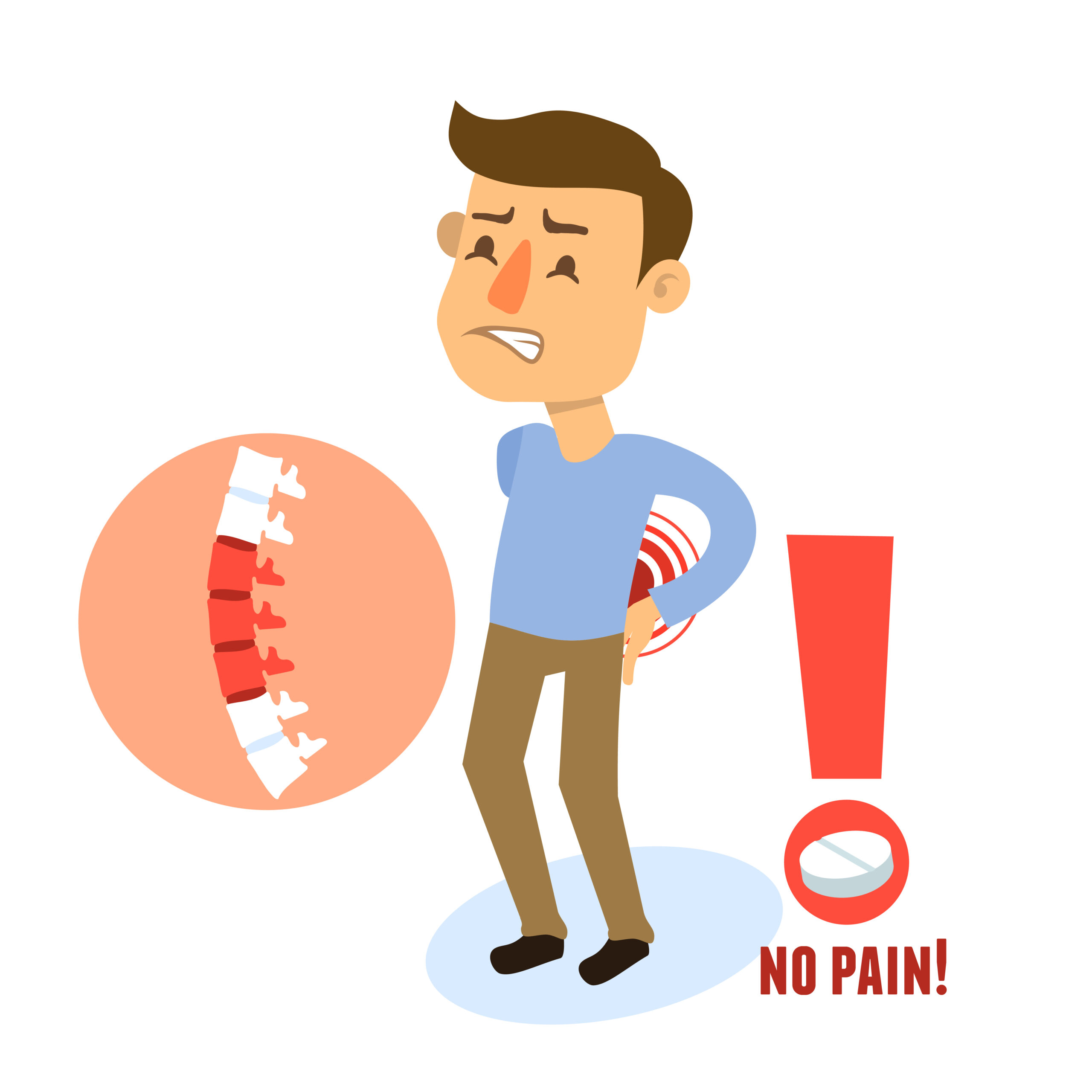Chronic pain, defined as pain persisting for more than three months, affects millions worldwide, disrupting lives and presenting significant challenges to both patients and healthcare providers. Unlike acute pain, which signals an injury or illness, chronic pain persists long after the initial cause has resolved, often with no clear underlying pathology. This complexity makes managing chronic pain a multifaceted challenge. Here, we explore the key challenges in chronic pain management and discuss potential strategies for overcoming them.
1. Diagnosing the Source of Pain
One of the primary challenges in chronic pain management is accurately diagnosing the source of the pain. Chronic pain can stem from a variety of conditions, such as arthritis, fibromyalgia, neuropathy, or even psychological factors. Often, the pain’s origin is not easily identifiable, leading to frustration for both patients and healthcare providers. Advanced diagnostic tools and multidisciplinary approaches, involving specialists like neurologists, rheumatologists, and psychologists, are essential for a comprehensive assessment.
2. Complexity of Pain Perception
Pain is a subjective experience, varying widely among individuals. Two people with similar injuries can experience vastly different pain levels. This variability complicates treatment, as standard protocols may not be effective for all patients. Pain perception is influenced by a range of factors, including genetics, psychological state, and social context. Personalized pain management plans, tailored to the individual’s unique experience and background, are crucial for effective treatment.
3. Multifaceted Treatment Approaches
Effective chronic pain management often requires a multifaceted treatment approach, combining medications, physical therapy, psychological support, and alternative therapies. This holistic approach can be challenging to implement due to the need for coordination among various healthcare providers. Additionally, access to comprehensive pain management programs can be limited by geographic location, insurance coverage, and healthcare system constraints.
4. Opioid Crisis and Medication Management
The opioid crisis has highlighted the dangers of relying on opioid medications for chronic pain management. While opioids can be effective for acute pain, their long-term use poses risks of addiction, tolerance, and overdose. This has led to stricter regulations and a push for alternative pain management strategies. Non-opioid medications, including anticonvulsants, antidepressants, and nonsteroidal anti-inflammatory drugs (NSAIDs), along with non-pharmacological interventions, are increasingly recommended, though they may not be suitable or effective for all patients.
5. Psychological and Social Dimensions
Chronic pain often comes with significant psychological and social implications. Depression, anxiety, and social isolation are common among chronic pain sufferers, exacerbating the pain experience and complicating treatment. Integrating mental health support into pain management plans is essential, but access to psychological services can be limited. Cognitive-behavioral therapy (CBT), mindfulness-based stress reduction (MBSR), and other psychological interventions can play a crucial role in managing chronic pain.
6. Patient Education and Self-Management
Educating patients about their condition and involving them in their treatment plan is vital for effective chronic pain management. Self-management strategies, including regular physical activity, stress management techniques, and healthy lifestyle choices, can significantly impact pain levels and overall well-being. However, empowering patients with the knowledge and tools they need requires time, effort, and resources that may not always be readily available in standard clinical practice.
7. Research and Advancements
While significant progress has been made in understanding chronic pain, many aspects remain poorly understood. Ongoing research is critical to uncovering the mechanisms underlying chronic pain and developing more effective treatments. Encouragingly, advancements in fields such as neurobiology, pharmacology, and integrative medicine hold promise for the future. Continued investment in pain research and the translation of findings into clinical practice are essential for addressing the complex challenges of chronic pain management.
Conclusion
Managing chronic pain is a daunting task that requires a comprehensive, individualized approach. By recognizing and addressing the multifaceted challenges of chronic pain, healthcare providers can better support patients in their journey towards relief and improved quality of life. Through continued research, education, and the integration of diverse treatment modalities, we can hope to make significant strides in the effective management of chronic pain.



